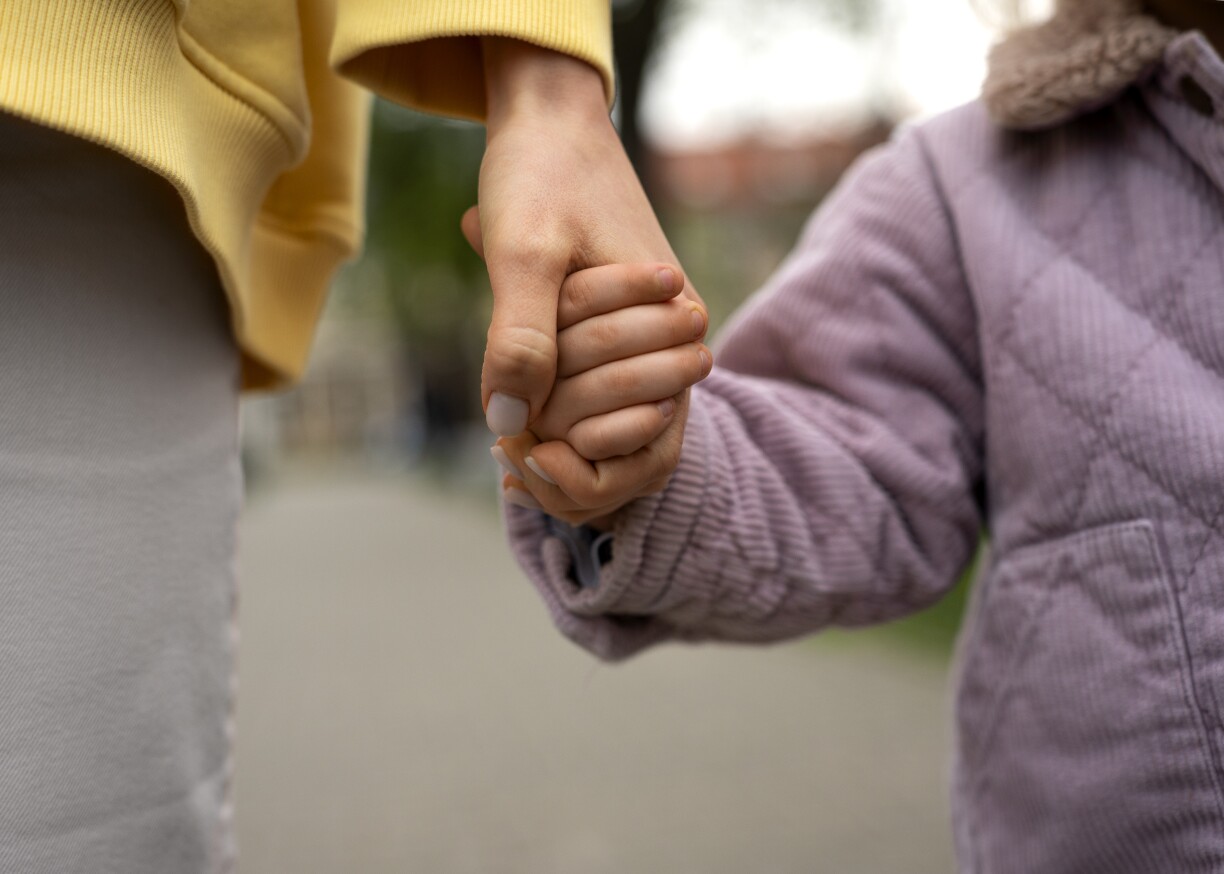
When parents go through a divorce it can be a difficult and confusing time for the children involved. Helping them through it requires sensitivity, reassurance, patience, and ongoing support.
Coaching psychologist Lynn Frank, president of the parents’ support group Passage, explains that children may experience a very real fear of abandonment when witnessing their parents’ divorce.
“This is a real issue, especially for younger children. It can be the fear of abandonment from the parent who has left, as well as the secondary fear of abandonment from the parent that has stayed. There is this fear that they may leave too.
“There may also be separation anxiety that shows up as maybe the child being very clingy with the parent who is staying for fear that they may leave. Often, we see regression to more babyish behaviour or attention seeking because there is this feeling of anxiety. It’s not permanent but it’s definitely something that needs to be addressed and be noted.”
Divorce is like a loss for a child, she points out. “The important thing to recognise is that divorce isn’t an event; it is a process. It takes time and this sense of loss and grief can go on for a long time. In some ways it can almost feel like a death.
“If a parent is absent for a long period of time, it can be really scary for them. Obviously once they get older it is different, but we have to remember that young children are in the development stage. Their brains are not fully developed until they are in their early 20s. Logic and emotion are very disconnected. As they may be very emotional, they may blame themselves for their parents’ divorce.”
Ms Frank says, as a psychologist, she regularly comes across situations where a child feels responsible for their parents’ divorce.
She emphasises the importance of reassuring a child that they are not to blame and encourages both parents to keep having this crucial conversation regularly, rather than just once.
“Sometimes parents think it is important not to talk to their child about what is going on in order to protect them. A divorce happens over a period of time and generally there has been a period of unrest beforehand”, she notes.
Wherever possible, she advises, involve children, especially if they are older, and talk them through what is going on to help them understand. All the while reinforcing the fact that they are not to blame.
Critically do not use your child as a mediator or lean on them emotionally, she urges. “Adults must be adults and avoid the scenario of children being messengers or mediators between separated parents. They should not be used as an emotional crutch.
“Parents need to always try and avoid this for several reasons. One, because what may happen is that the child goes into this ‘rescuer’ role. They will think they can somehow rescue the family. Also, it’s vital not to bad mouth or blame the ex-partner in front of the children. Part of this is remembering that a child is a reflection of both parents and if you start to blame your partner for something, the child may see this criticism also levelled at them.”
Ensuring stability and maintaining routines will help the child during this time of upheaval, she advises. “Routine to younger children is super important because it gives them a sense of safety and predictability and it prepares them for what is happening next. Maintain the same routine in both homes, such as bedtime routines, morning routines etc.”
“Involving older children is important. For example ensuring they bring their toothbrush or their toys when staying with the other parent to minimise the disruption as there is already a huge amount of change happening for them.”
Quality time with both parents, where the child is the focus, is essential, Ms Frank emphasises. “We talk to parents all the time about having one-to-one time with their children and being led by the child in doing the things that they like to do. That quality time doesn’t necessarily have to be talking – it can be playing; it can be watching a movie. It’s just about connecting and having that one-to-one time.”
Ms. Frank advises parents to be vigilant and prepared for signs of distress, such as withdrawal, aggression, academic difficulties, and sleep issues, which may emerge during this time.
She adds that it can take time to settle into the new situation and new routines and a new way of being as a family.
“Try to be understanding, have the conversations and even family meetings as much as you can. If you can work with your partner and sit down as a family that can make a huge difference because children need to see consistency from both parents.”
More broadly speaking, Ms Frank emphasises how important it is for the adults to avail of help and support during, as well as after, the divorce so they can in turn help and support their child appropriately and effectively.
She acknowledges that it is particularly difficult for many expat families going through divorce as they can be far from family and immediate support. They may feel more vulnerable and isolated, making professional guidance and strong support networks even more essential.
By maintaining patience, offering consistent support, and prioritising the child’s emotional well-being, parents can help children adjust to the changes brought on by divorce in a healthy, positive way, she affirms.
She recommends the following support services: